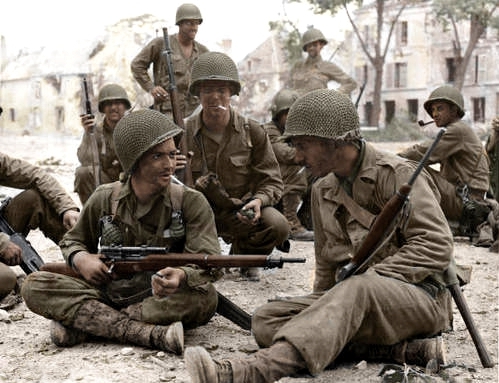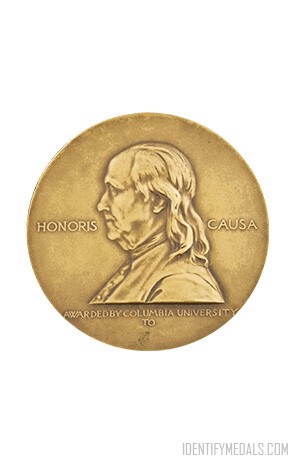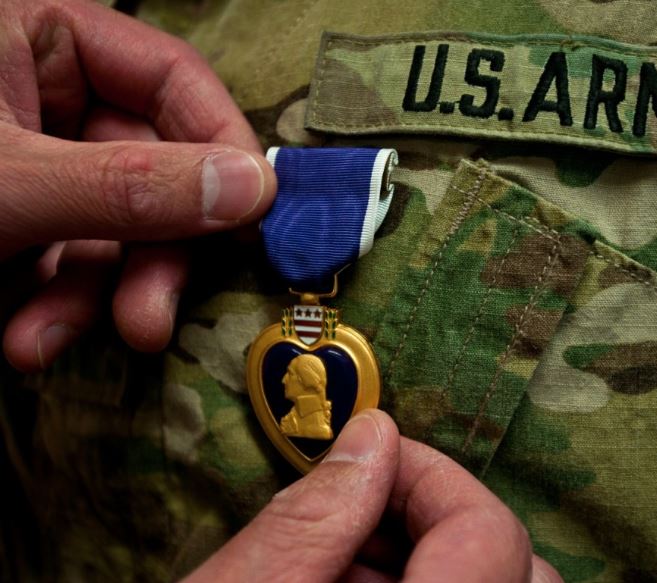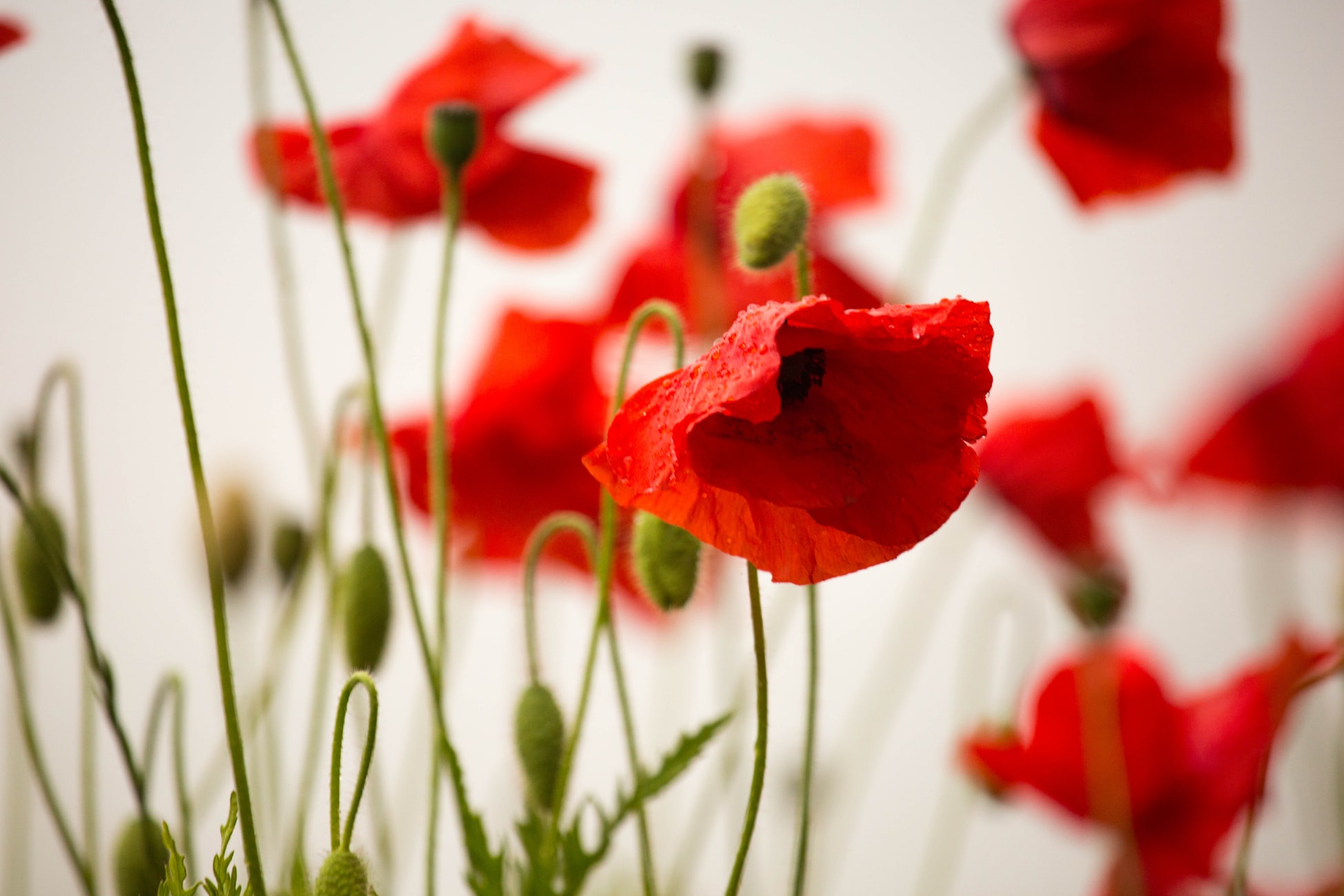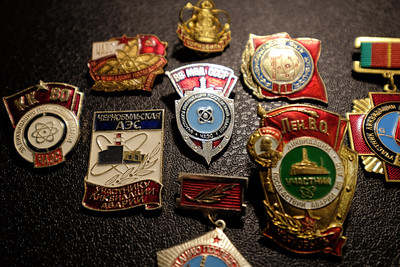Medals are awarded to people for a variety of reasons, typically as a form of recognition and honor for their achievements, service, and contributions in different fields. This article covers the different motives for awarding medals and orders, and examples of their stories.
Today, medals are awarded by governments, international organizations, and institutions worldwide. They serve to honor military personnel, civilians, and organizations for a wide range of achievements and contributions. In all cases, medals serve as a tangible symbol of recognition, appreciation, and encouragement.
A Short History of (All) Medals
The origin of medals dates back to ancient times, with their evolution shaped by cultural, military, and societal developments.
In ancient Rome, soldiers were often rewarded with military decorations called “phaleras,” which were large metal discs worn on the chest. Similarly, in ancient Greece, wreaths and other tokens were awarded for military and athletic achievements.
During the Middle Ages, medals began to take a form closer to what we recognize today. Knights and nobles were awarded medals and badges of honor for bravery in battle or loyalty to a sovereign. These often took the form of ornate, jeweled pieces that were symbols of status and valor.
Medals in the Renaissance and Early Modern Period
The Renaissance period saw a resurgence in the arts and culture, leading to the creation of more artistic and finely crafted medals. These were often commissioned by royalty and nobility to commemorate significant events, achievements, or alliances.
During the 16th and 17th centuries, medals became more standardized as awards for military and civil service. Monarchs and states began issuing medals to recognize battlefield bravery, loyalty, and other meritorious actions.
The 18th and 19th Centuries
The Napoleonic Wars marked a significant development in the awarding of medals. Napoleon Bonaparte established several orders and medals to reward his soldiers, setting a precedent for modern military honors.
The 20th century, particularly during and after the World Wars, saw a dramatic increase in the issuance of medals. Medals were awarded not only for bravery and combat service but also for contributions on the home front, medical services, and other support roles.
The Reasons Why Medals Are Awarded (and Examples)
Medals for Bravery and Heroism
Medals are often awarded to individuals who demonstrate extraordinary courage and bravery in the face of danger. This is common in military contexts but can also apply to civilians who perform heroic acts.
Sergeant Alvin York received the Medal of Honor for his actions during World War I. On October 8, 1918, in the Meuse-Argonne Offensive, York led an attack on a German machine gun nest. Despite being vastly outnumbered, he killed 25 enemy soldiers and captured 132 others, displaying extraordinary bravery.
Captain Noel Chavasse is one of only three people to have been awarded the Victoria Cross twice, known as a “double VC.” During the Battle of Guillemont, in August 1916, Chavasse displayed extraordinary bravery and, despite being wounded himself, he continued to attend to and rescue wounded soldiers under heavy fire. In July 1917, during the Third Battle of Ypres (Passchendaele), Chavasse again showed incredible courage. He led stretcher-bearers to recover the wounded from the battlefield, working tirelessly for 48 hours without rest.
Examples of bravery and heroism medals:
- Medal of Honor (USA)
- Victoria Cross (UK and Commonwealth)
- Hero of the Russian Federation (Russia)
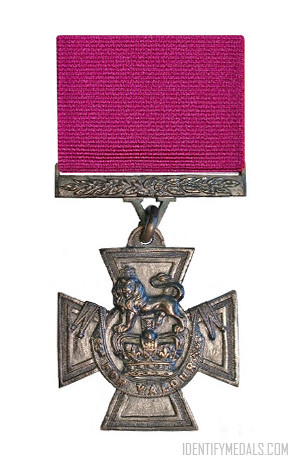
The Victoria Cross
The Victoria Cross (VC) is the highest United Kingdom honors system award. It is given for gallantry in the presence of the enemy.
Medals for Distinguished Service
Recognizing outstanding service in various fields, including military, public service, community work, and professional sectors. This includes long-term dedication and exceptional contributions.
General Douglas MacArthur was awarded the Distinguished Service Cross for his extraordinary heroism in World War I. He led a daring reconnaissance mission in the Verdun sector, exposing himself to heavy fire to gather critical intelligence.
Admiral Sir Bertram Ramsay was awarded the Order of the Bath for his distinguished service during World War II. Ramsay played a crucial role in planning and executing Operation Dynamo, the evacuation of over 338,000 Allied soldiers from Dunkirk in 1940. His effective leadership and strategic planning were instrumental in this massive and successful evacuation under dire circumstances.
Examples of distinguished service medals:
- Distinguished Service Cross (USA)
- Order of the Bath (UK)
- Legion of Honor (France)
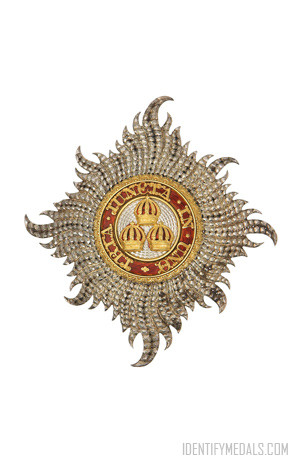
The Order of the Bath Medal
The Most Honorable Order of the Bath is a British order of chivalry founded by King George I in 1725 and turned into a Military Order.
Medals for Achievement and Excellence
Individuals who achieve significant milestones or display excellence in their field, such as sports, academics, arts, and sciences, are often awarded medals. These medals celebrate their accomplishments and inspire others.
Malala Yousafzai received the Nobel Peace Prize in 2014 for her struggle against the suppression of children and young people and for the right of all children to education. She survived a Taliban assassination attempt and continued her advocacy for girls’ education.
David Zucchino won the Pulitzer Prize for Feature Writing in 1989. He was awarded for his vivid and compassionate series on a Philadelphia neighborhood’s struggle against the crack cocaine epidemic, published in the Philadelphia Inquirer. His in-depth reporting highlighted the human toll of the drug crisis, bringing attention to the plight of the residents and the broader social issues at play.
Examples of achievement and excellence medals:
- Nobel Prize Medals (International)
- Pulitzer Prize Medals (USA)
- Fields Medal (International, Mathematics)
Medals for Sacrifice and Commitment
Medals can honor those who have made significant personal sacrifices or shown unwavering commitment to a cause, such as humanitarian efforts, social justice, or public safety.
Private First Class Charles George, a Cherokee Native American, was posthumously awarded the Purple Heart for his actions during the Korean War. He threw himself on a grenade to save his fellow soldiers, sacrificing his life.
Corporal Frederick Fisher was posthumously awarded the Cross of Valour for his extraordinary sacrifice and commitment during World War I. In April 1915, during the Second Battle of Ypres, Fisher led his machine gun team to cover the retreat of Canadian soldiers in the face of a German gas attack. Despite the extreme danger and heavy enemy fire, Fisher and his team held their position, allowing many of his comrades to escape to safety.
Examples of sacrifice and commitment service medals:
- Purple Heart (USA)
- Cross of Valour (Canada)
- Order of Military Merit (South Korea)
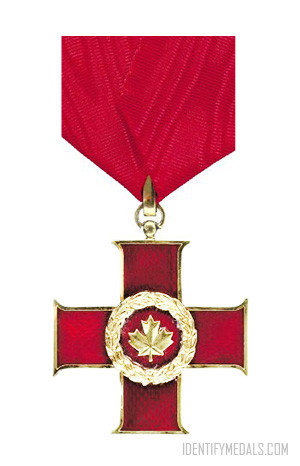
The Cross of Valour (Canada)
The Cross of Valour (CV) is a Canadian honor that recognizes acts of the most conspicuous courage in circumstances of extreme peril.
Medals for Participation in Significant Events
Medals commemorate participation in important events or milestones, such as military campaigns, international competitions, and major projects or initiatives.
Over 2 million American soldiers received this medal for their participation in World War I. One notable recipient was General John J. Pershing, who led the American Expeditionary Forces and played a crucial role in the Allied victory.
Sergeant First Class Paul R. Smith was posthumously awarded the Armed Forces Service Medal, among other honors, for his participation in the Battle of Baghdad Airport during the Iraq War in April 2003. During the battle, Smith’s unit was tasked with constructing a prisoner of war holding area when they came under attack by a large Iraqi force. Smith manned a .50 caliber machine gun on an armored vehicle, exposing himself to heavy enemy fire to cover the evacuation of wounded soldiers and to defend the position. His actions were pivotal in repelling the enemy assault, but he was fatally wounded during the engagement.
Examples of participation in significant events medals:
- World War I Victory Medal (Allies)
- Armed Forces Service Medal (USA)
- Gulf War Medal (UK)
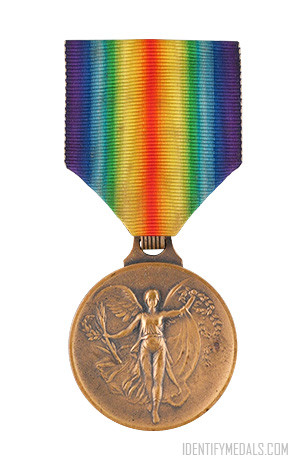
The Inter Allied Victory Medal (Greece)
The Greek Victory Medal was instituted to commemorate the Allied victory in the First World War. It was designed by Henry-Eugène Nocq.
Medals for Meritorious Conduct
Recognizing exemplary behavior, leadership, and integrity, medals can be awarded to individuals who serve as role models and uphold high standards in their actions.
Colonel Gail Halvorsen, known as the “Berlin Candy Bomber,” received the Meritorious Service Medal for his efforts during the Berlin Airlift. He dropped candy to children in Berlin, uplifting spirits during the Soviet blockade.
Sir Winston Churchill was awarded the Order of Merit in 1946 for his extraordinary contributions to the United Kingdom, particularly during World War II. As Prime Minister, Churchill led the country through one of its darkest periods, demonstrating unwavering resolve and exceptional leadership. His speeches and strategic decisions were crucial in maintaining British morale and securing Allied victory. The Order of Merit recognized his meritorious conduct and lifelong dedication to public service and the nation.
Examples of meritorious conduct medals:
- Meritorious Service Medal (USA)
- Order of Merit (UK)
- Bharat Ratna (India)
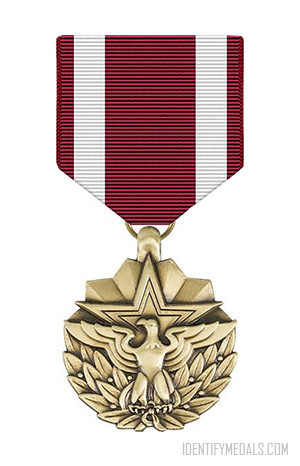
The Meritorious Service Medal (USA)
The Meritorious Service Medal (or MSM) is a military award presented to members of the U.S. Armed Forces who distinguished themselves.
Medals for Innovation and Creativity
Individuals or teams who develop groundbreaking innovations, creative works, or technological advancements may receive medals as a form of acknowledgment and encouragement.
Tim Berners-Lee, the inventor of the World Wide Web, received the National Medal of Technology and Innovation for his pioneering work in developing the web, which revolutionized information sharing and communication globally.
Dr. Frances Arnold received the National Medal of Technology and Innovation in 2011 for her pioneering work in the field of directed evolution, a method she developed to engineer enzymes for new and useful functions. Her innovative approach has had a profound impact on industrial processes, making them more environmentally friendly and efficient. Arnold’s work has led to advancements in the production of biofuels, pharmaceuticals, and other chemicals, showcasing her exceptional creativity and contribution to science and technology.
Examples of innovation and creativity medals:
- National Medal of Technology and Innovation (USA)
- Queen Elizabeth Prize for Engineering (UK)
- Breakthrough Prize (International)
Medals for Community and Civic Contributions
Medals can honor those who make significant contributions to their communities or society, such as volunteers, philanthropists, and activists.
Maya Angelou was awarded the Presidential Medal of Freedom in 2011 for her contributions to literature and civil rights. As an acclaimed poet, author, and activist, Angelou used her powerful voice and writings to advocate for social justice, equality, and human rights. Her works, such as “I Know Why the Caged Bird Sings,” have inspired and uplifted countless individuals, making significant impacts on American culture and civil rights.
Captain Sir Tom Moore was awarded the Order of the British Empire in 2020 for his extraordinary fundraising efforts during the COVID-19 pandemic. At 99 years old, he walked 100 laps around his garden with the goal of raising £1,000 for NHS Charities Together. His efforts captured the hearts of the nation and beyond, ultimately raising over £32 million and providing vital support to healthcare workers and patients during a critical time.
Examples of community and civic contributions medals:
- Presidential Medal of Freedom(USA)
- Queen’s Service Medal (New Zealand)
- Order of the British Empire(UK)
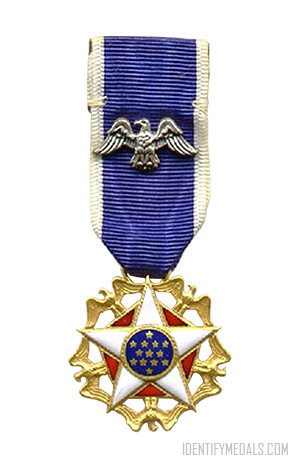
The Presidential Medal of Freedom
The Presidential Medal of Freedom is an award bestowed by the President of the United States. It is the highest civilian award of the USA.

